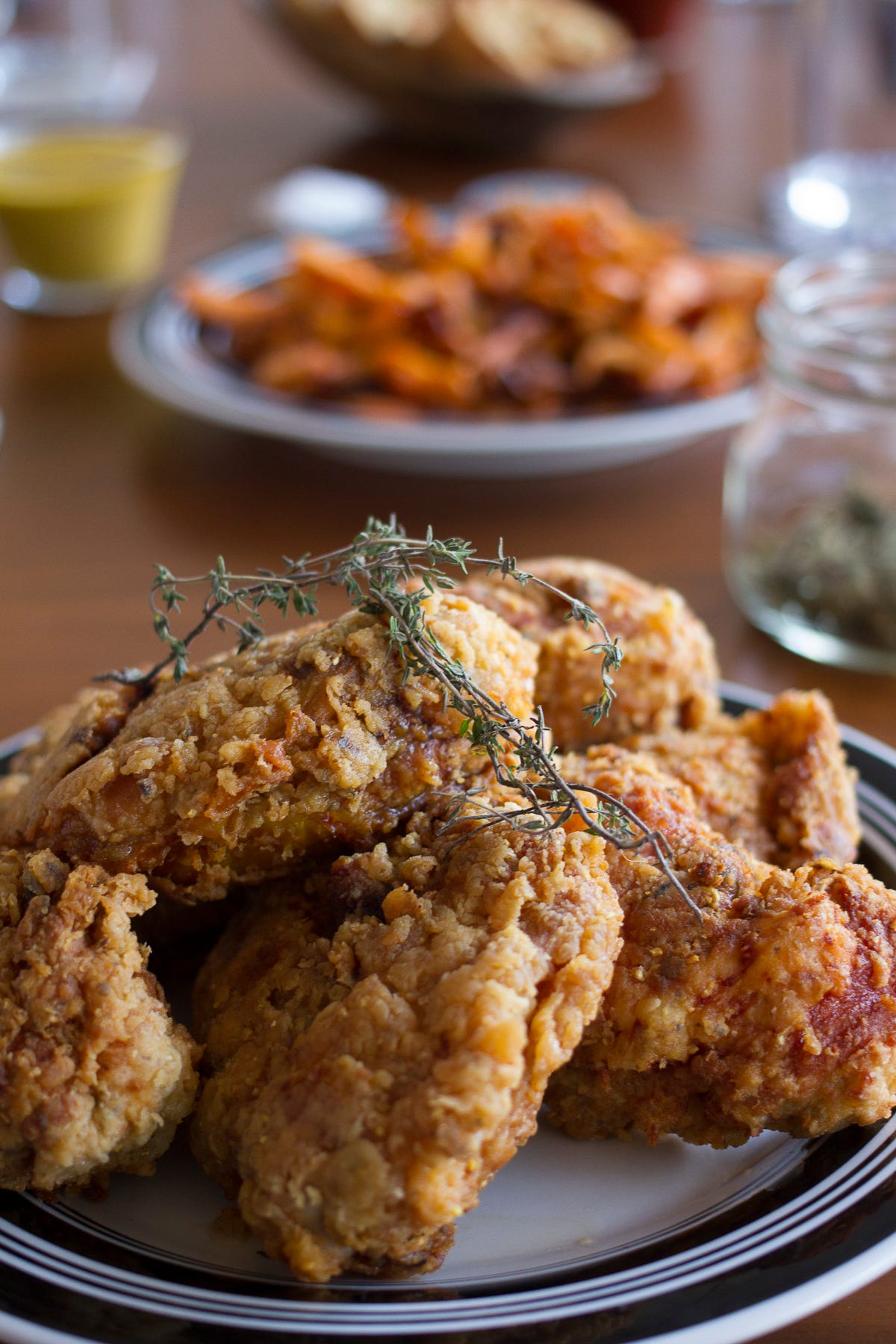Chicken Wings & Tots: Marcellus Williams’ Last Meal and Reflections on the Death Penalty
The complexities of justice alongside flavors that remind us of the privilege of life

In the wake of Marcellus Williams' execution by the state of Missouri, I’ve found myself grappling with a mix of horror and resignation about our society. His last meal—a plate of chicken wings and tater tots—highlights a humanity overshadowed by the brutal reality of capital punishment. This simple meal, if I may assume, reflects a longing for connection and comfort that resonates in his final moments and ripples out to places like Lebanon, Gaza, Sudan, Congo, and Ukraine. In each of these regions, lives are marked by violence and suffering, emphasizing that the quest for dignity and compassion is our universal struggle. Just as Williams sought solace in familiar flavors, people enduring violence and genocide yearn for a meal to ease their malnourished, anxious bellies, a moment of mercy amidst terror and chaos.
The moral implications of state-sanctioned death should haunt us—invite us to rethink the values we uphold as a s…
Keep reading with a 7-day free trial
Subscribe to TASTE BUD to keep reading this post and get 7 days of free access to the full post archives.


